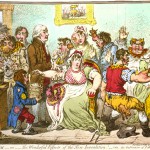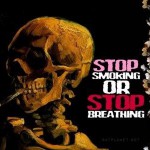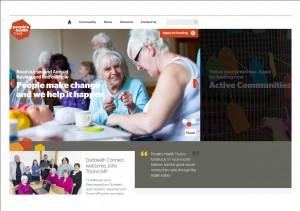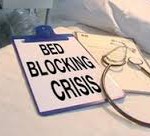New figures from Public Health England (PHE) show a continued decline in alcohol-specific hospital admissions in York.
A separate report however identified York as one of the worst places for “binge drinking”
The figures are the latest update to the Local Alcohol Profiles for England (LAPE) data tool and includes a new measure of alcohol-related harm.
The LAPE tool presents data for 26 alcohol-related indicators in an interactive tool, which helps local areas assess alcohol-related harm and monitor the progress of efforts to reduce this.
The indicators for York are compared with the national average and rated as significantly better, significantly worse or not significantly different.
York is rated as significantly better than the national average for alcohol specific admissions to hospital for both under 18s1 (36% lower) and males (24% lower), alcohol related hospital admissions for both males and females and hospital admissions for alcohol related conditions.
York is rated as significantly worse than the national average for the estimated levels of binge drinking (defined as >8 units of alcohol for men and >6 units of alcohol for women consumed in a single session) (29.7% of the York population compared to the national average of 20.1%) and unsurprisingly the percentage of employees working in bars (2.30% in York compared to 1.79% nationally).
York is rated as not significantly different to the national average for alcohol specific and alcohol related mortality, mortality from chronic liver disease and the estimated number of abstainers.
City of York Council’s Director of Health and Wellbeing Dr Paul Edmondson-Jones said: “We welcome the continuing decline in alcohol-specific hospital admissions but the current levels of binge drinkers in York identified in these figures remain unacceptably high. Receiving the Local Alcohol Profiles for England is an opportunity for the council’s Public Health team to assess alcohol-related harm in the city and monitor the progress of efforts to reduce this.”






